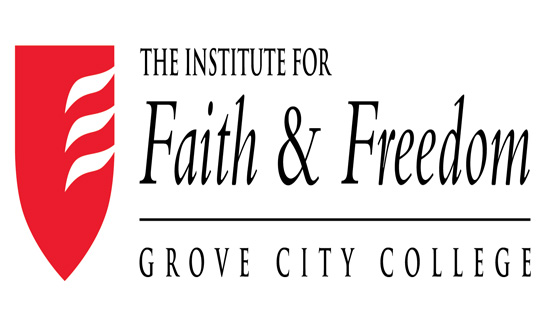Commonwealth Foundation on S.B. # 1
Senate Bill 1, The Opportunity Scholarship Act sponsored by Sen. Jeff Piccola (R) and Sen. Tony Williams (D), would expand scholarships available to children in lower- and middle-income families through the Educational Improvement Tax Credit program and provide low-income students in chronically underperforming public schools with a state-funded voucher.
Despite dramatic increases in funding, Pennsylvania’s academic performance on the National Assessment of Education Progress (NAEP) exam has remained relatively unchanged for years. Pennsylvania ranks among the worst performing states in SAT college entrance exam scores, and on the Pennsylvania System of School Assessment (PSSA) only about half of 11th graders are "proficient" in reading and math.
EITC Scholarships
Qualification. Under Senate Bill 1, EITC scholarships would be available to
families with an annual household income up to $60,000 plus $12,000 per child.
This represents an increase from current eligibility ($50,000 + $10,00 per child).
For example, a family with two children with a household income under $84,000 would qualify.
Implementation. Under Senate Bill 1, the amount of tax credits available for
scholarships, including pre-K scholarships, would increase to $75 million.
Additionally, $25 million in tax credits would be available for contributions to Educational Improvement Organizations-an increase of nearly 100 percent.
Opportunity Scholarship Voucher Program
Qualification. The voucher program would provide money for low-income students in Pennsylvania’s failing schools to attend a private school or another public school of their choice.
"Low-income" is defined as families at or below 130 percent of the federal poverty level-the same level for "free lunch" program eligibility. A family of four would qualify at $28,665. In 2009, more than 547,000 Pennsylvania public school students (32 percent) qualified for the "free lunch" program.
"Persistently lowest achieving" (failing) schools are those schools in the bottom 5 percent on state standardized test (PSSA) scores in the latest year available.
School Choice: Why, What, and How
The Benefits of School Choice
Provide Better Education. Nine of the 10 "gold standard" evaluations of voucher
programs reported statistically significant gains in achievement for all or some
voucher recipients. Students who remain in public schools also benefit from school choice.
Improve Public Schools. In 18 out of 19 academically rigorous studies, vouchers had a positive impact on public school districts. There has never been a single study demonstrating that scholarships have a negative impact on district school
performance or their ability to raise funds.
Increase Accountability. Competition ensures that all schools are ultimately
accountable to those who matter most—parents and students. Parents who have choices in education can "vote with their feet" by sending their children to another, better school when their current one is not serving their needs. Private schools are also subject to many of the same regulations as are public schools and are routinely held to the same or higher standards of performance than are the public schools.
More Choices for Teachers. Today, if a teacher believes he or she is underpaid,
overburdened by red tape, not respected as a professional, or otherwise treated
poorly by administrators, the only real option is to leave town and move to another school district. When parents are allowed to choose, schools not only will have to compete for students, they will have to compete for teachers, too. As a result, there will be increased pressure on school administrators to treat teachers well or risk losing them to other schools.
For more information on School Choice, visit
CommonwealthFoundation.org/SchoolChoice.





